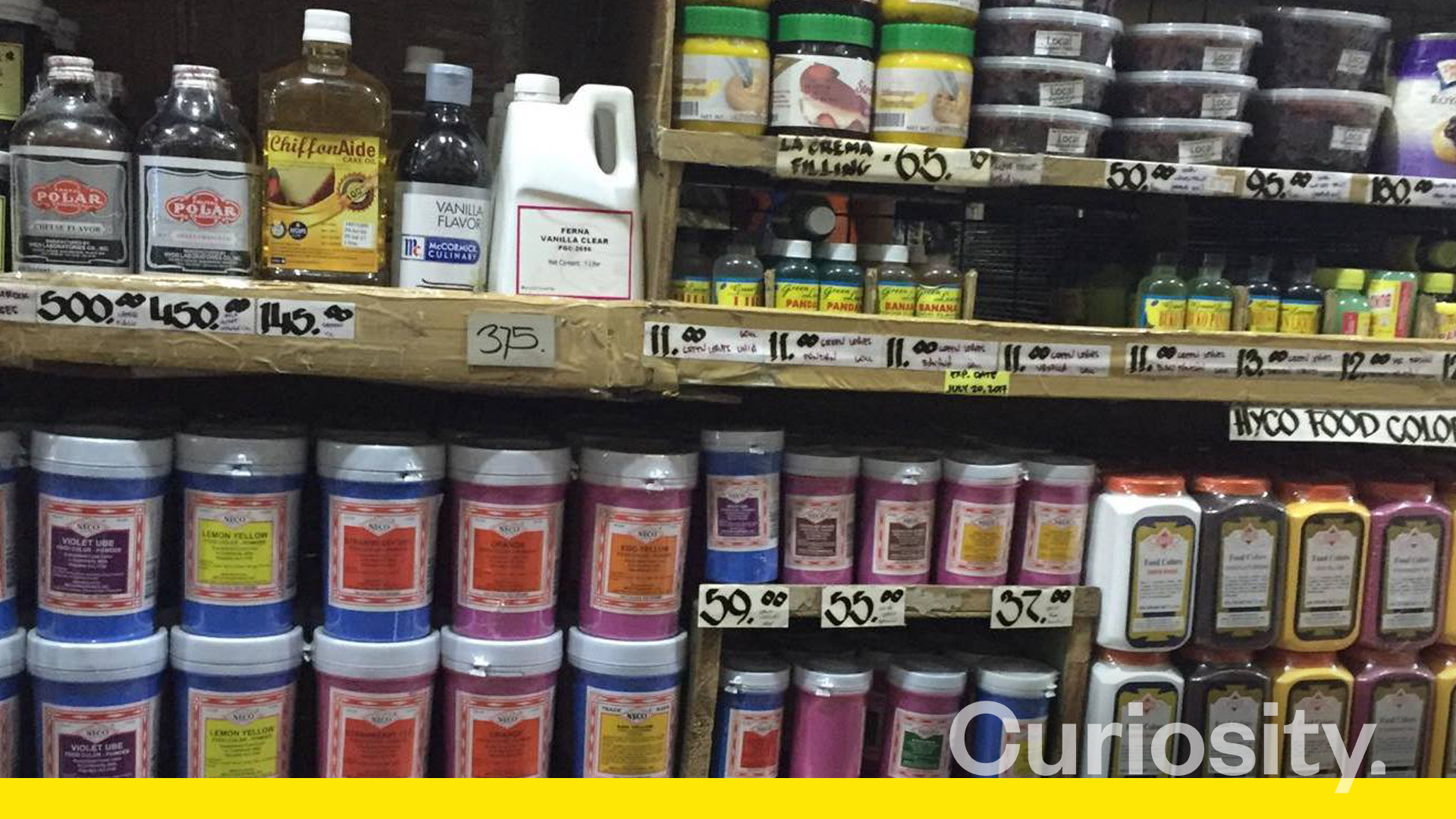
19 Nov Exploring the refillable store concept
Client / Company: A Retail Service SME
Industry: Retail Service
Research Method: Ethnographic Research
Objective and Methodologies
In an effort to address unrecyclable wastes caused by disposable packaging, a Retail Service SME decided to explore the possibility of designing a new concept where consumers can bring containers for food or non-food items to a retail store and purchase without creating packaging waste. Curiosity was tapped to conduct exploratory research on the feasibility of introducing this concept in the local market. Desk research benchmarked successful refillable packaging stores in foreign markets. Interviews and store observations then established use-case scenarios and tested the acceptability of refillable packaging for users and retailers from both Mass Market and higher-income segments.

Mass Market on Refilling
Research revealed that Mass Market users and retailers see no clear benefit to the Refilling concept. Sachets and plastic re-packs in are seen as the most convenient and affordable solution for households with limited budget and product consumption control issues. Moreover, retailers view the concept as being less profitable owing to decreased store efficiency and manpower productivity, among others. Benefits of refilling to reduce and manage packaging waste do not resonate with mass market users and retailers. As such, both display a low likelihood of adopting the product.

AB Market on Refilling
For higher-income users and retailers, there a clear benefit to Refilling. It is seen as a personal and corporate contribution to reduce and manage packaging wastes. However, the likelihood of adaptation differs between the two. Environmentally-Conscious higher income users display a willingness to alter current purchase behavior to support products and initiatives geared towards protecting the environment. FDA-Accredited Retailers cite prohibitive regulations, contamination issues, and higher maintenance costs as barriers to adoption.

